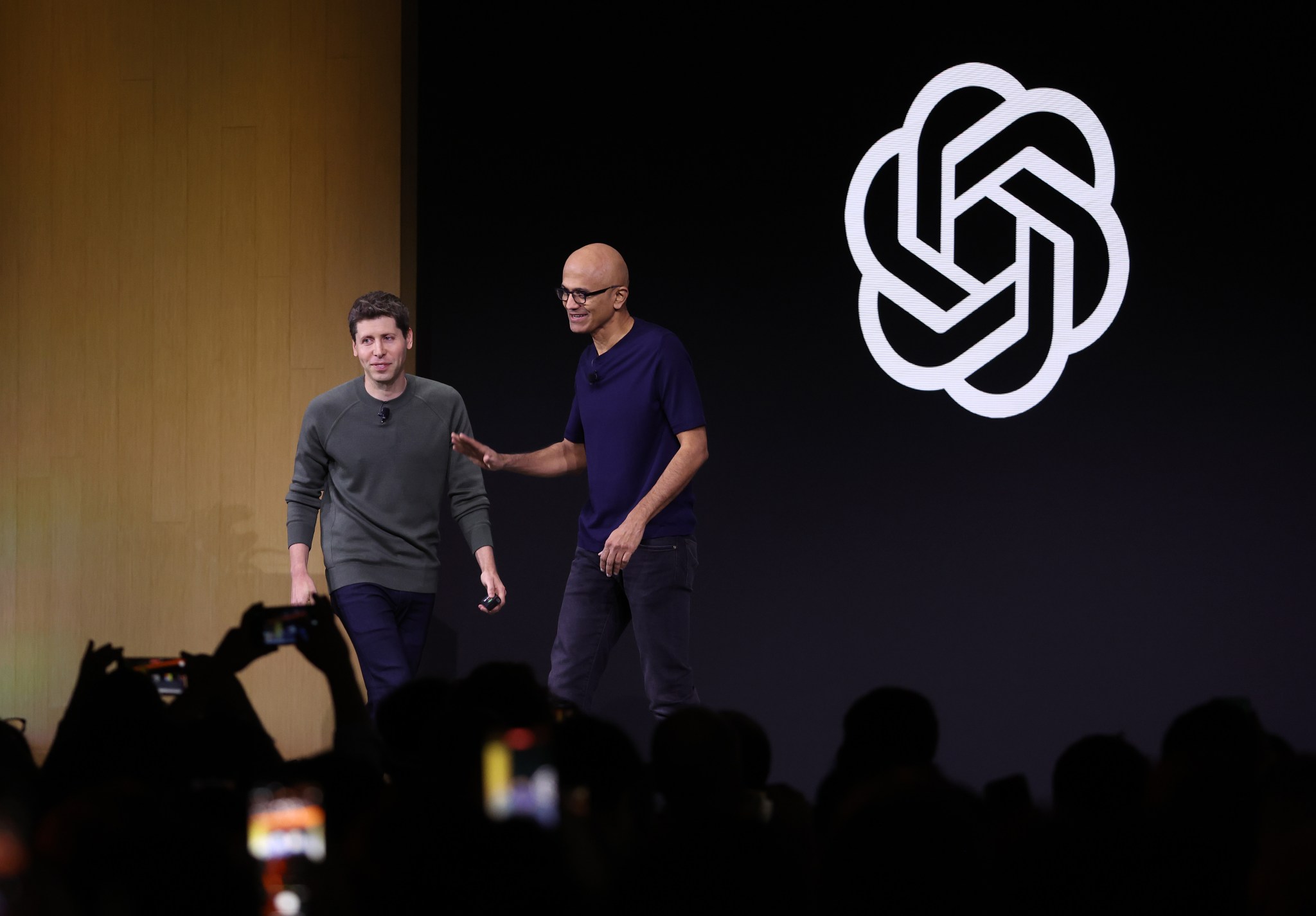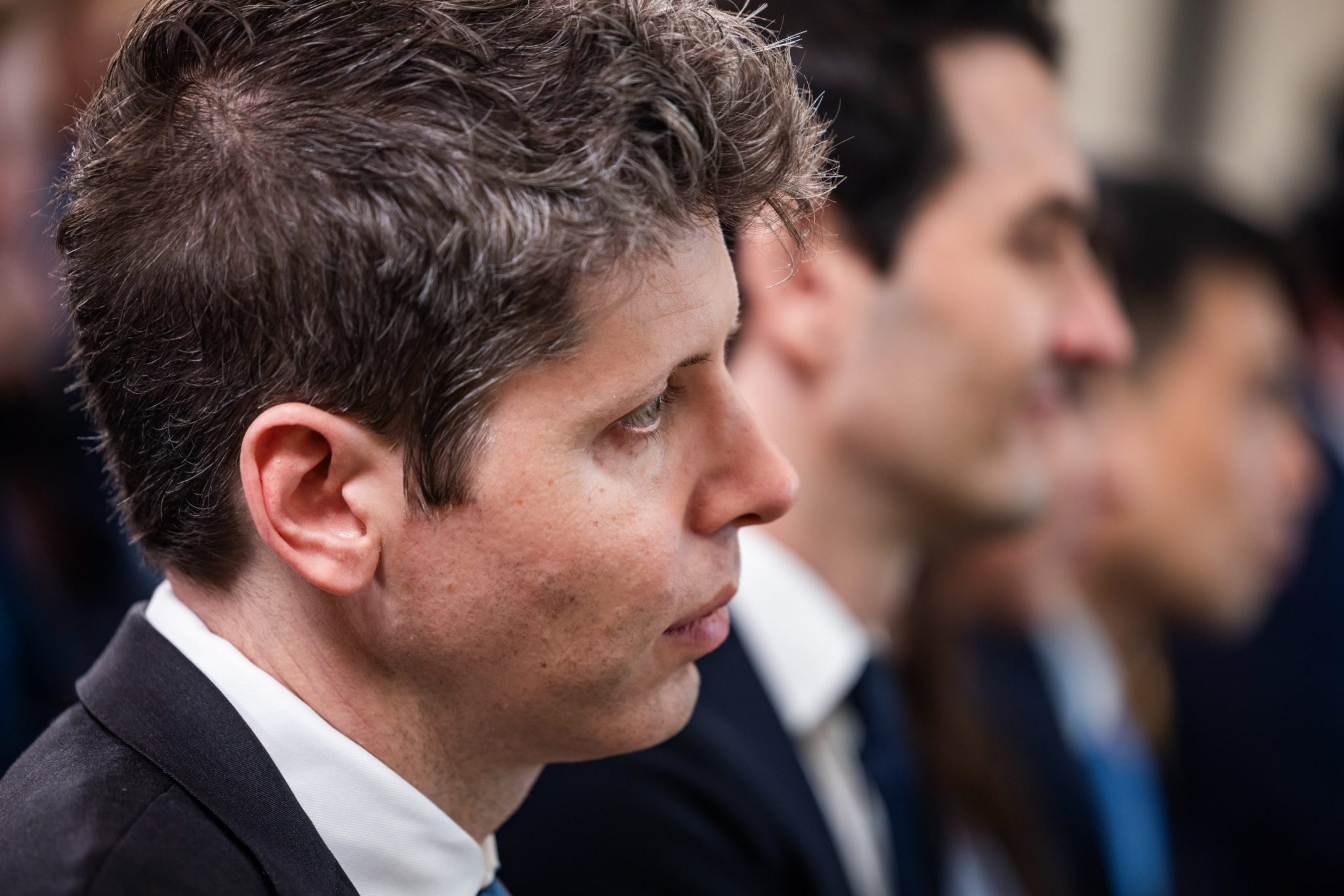China is one of Nvidia’s largest markets, particularly for data centers, gaming and artificial intelligence applications.
Avishek Das | Lightrocket | Getty Images
China’s market regulator on Monday said that Nvidia violated the country’s anti-monopoly law, according to a preliminary probe, adding that Beijing would continue its investigation into the U.S. chip giant.
Shares of Nvidia were down around 2% in premarket trading.
Late last year, China’s State Administration for Market Regulation (SAMR) opened an investigation into Nvidia in relation to the acquisition of Mellanox and some agreements made during the acquisition. Nvidia acquired the Israeli technology company that creates network solutions for data centers and servers in 2020, in a deal that was approved by China at the time with certain conditions.
In a preliminary investigation, the SAMR said Nvidia had violated China’s anti-monopoly laws in relation to that acquisition and its conditions. China’s market regulator did not specify how Nvidia allegedly breached the country’s laws.
CNBC has reached out to Nvidia for comment.

The update from the SAMR has the potential to complicate trade talks between Chinese and U.S. officials that began on Sunday in Madrid, Spain.
Tensions between Beijing and Washington appear to be on the rise on the technology front. China opened two separate probes into semiconductors on Saturday: one is an anti-dumping investigation into certain chips imported from the U.S., while the other is an anti-discrimination scrutiny of U.S. restrictions on China’s chip industry.
More recently, Nvidia has had a tumultuous relationship with the Chinese market as the company has been caught up in geopolitics. Earlier this year, Nvidia’s H20 product, a chip that had been specially designed to comply with U.S. export restrictions, was blocked from being sent to China.
Nvidia CEO Jensen Huang has publicly called for American firms to be allowed to sell to China, saying the artificial intelligence market there will likely reach about $50 billion in the next two to three years. Huang
This is a breaking news story. Please check back for more.
Credit: Source link














